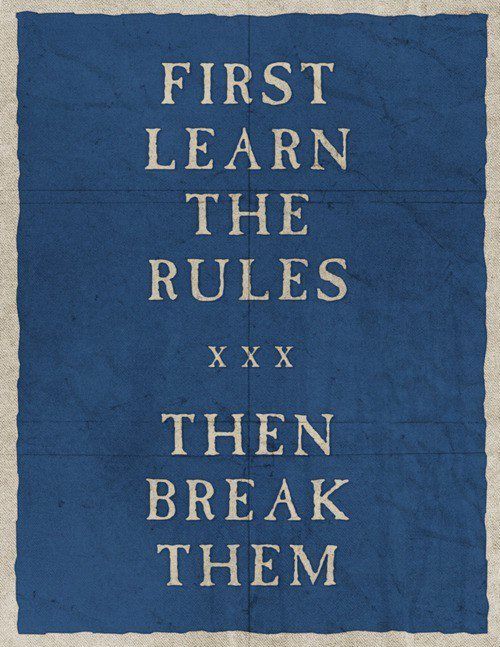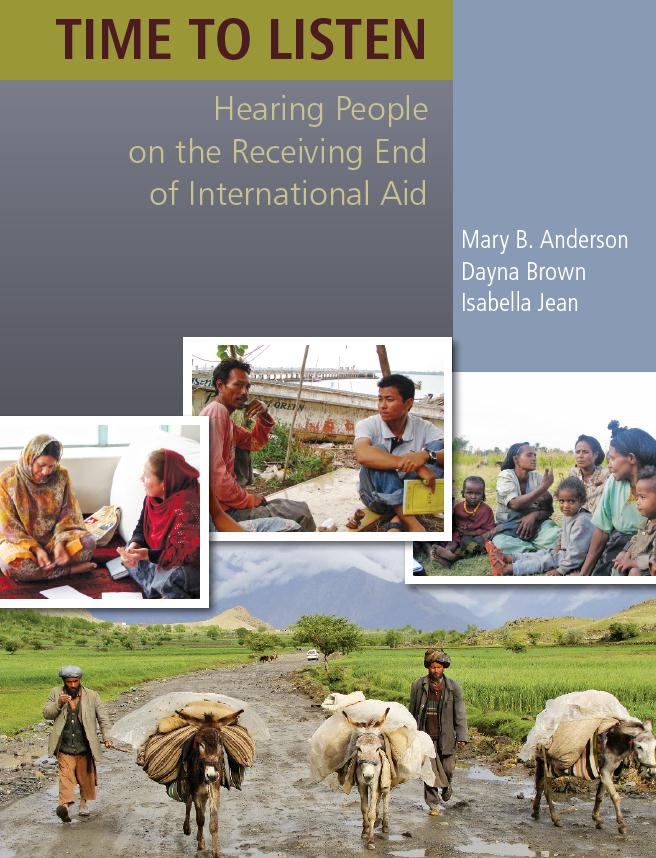What accounts for some of the institutional stagnation on the road to listening and country and local ownership? After considering the personal pitfalls (see previous post here), how do we ensure that we can tackle the organizational barriers that delay progress? I offer eight sets of key questions just to keep the conversation going:
1) How do we get more people within the system to have a vested interest in country ownership? And donors? How do we create a larger group of proponents? What do people need to lead positive disruption? What are the necessary incentives at different levels?
“Administrators and politicians champion programs that are established but not implemented; managers gather information assiduously, but fail to analyze it; experts are hired not for advice but to signal legitimacy.” ~Walter W. Powell and Paul J. DiMaggio
2) Where are the known examples of when country ownership has worked? How can these stories be told in a way that is accessible? How can they be shared and socialized within organizations?
3) How does the short-term thinking that pervades project-ization inhibit country ownership? How does the short-term thinking of aid workers on 2-3 year assignment cycles inhibit country ownership? How does the contractor gravy train inhibit country ownership?
4) How do we create room for risk within bureaucracies? (See one of my ideas here.) How do we do battle with the inevitable tendency of organizations to perpetuate established procedures and modes, even if they are contradictory to our goals? How do we prevent bureaucratic inertia?
 5) Can insights from cognitive psychology and change management theory help? (This one I will claim to know the answer to…YES!)
5) Can insights from cognitive psychology and change management theory help? (This one I will claim to know the answer to…YES!)
6) One of the most frequent objections to listening and ownership is that “countries and communities are not monolithic.” And they’re completely right. There is a diverse set of stakeholders, operating at all levels. So how do large agencies that operate at the international and national levels better interface/support community-led development processes?
7) If aid workers are equipped with effective facilitation/feedback solicitation/conflict mitigation skills to deal with these inevitably contradictory interests, would that help? Should we be thinking about how to balance demands of different stakeholders, or should we be defining our roles differently?
8) How would conversations about bureaucracies changing gears shift if leadership were more diverse? Would different kinds of outcomes be more highly valued by organizations, e.g. relationship building, responsiveness? How can we address institutional structures and biases that inhibit listening?
If listening and ownership is still too contradictory to the modalities of large aid programs, what can we do? We can start by making a commitment to always be examining why organizations are seldom as flexible and responsive to change as we need them to be.
What else do we need to overcome our organizational barriers to listening?
***
Related Posts
Does aid need a 12-step program?
Don’t you talk about my…that way…
How are international aid projects like U.S. presidential elections?

